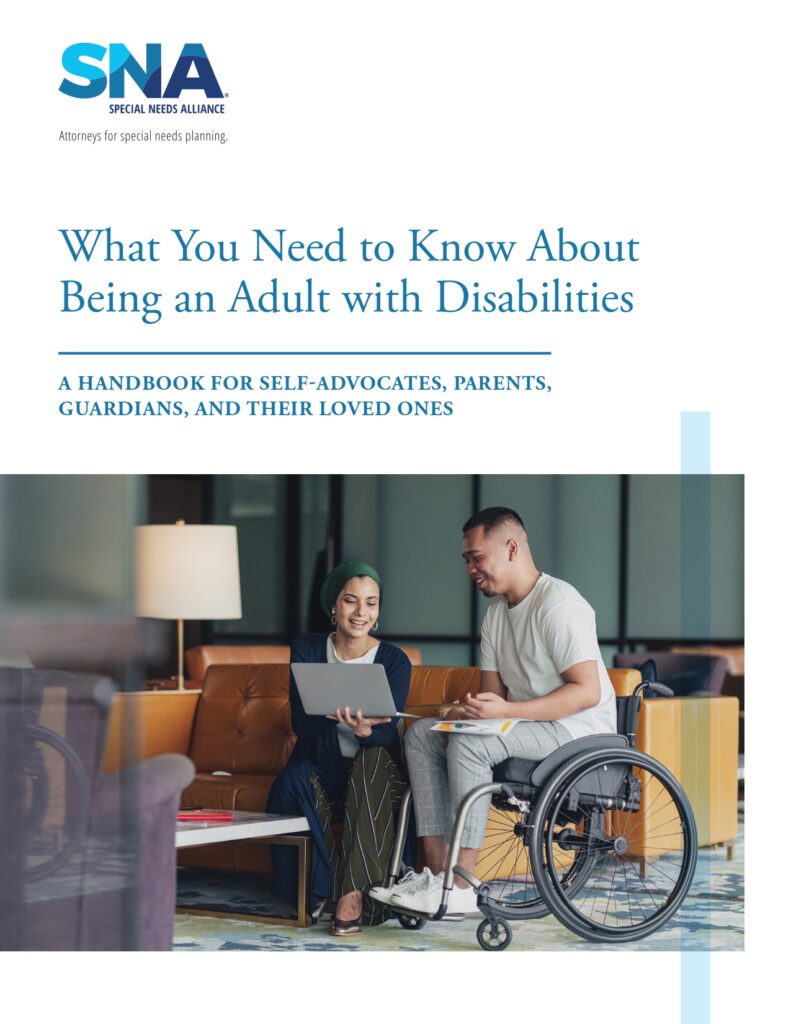Helpful Links
Memory care facilities provide those living with Alzheimer’s and dementia with care that is tailored to their unique needs. Memory care can take place in its own facility, or as part of a designated wing of another residential care community. Staff members of memory care units or facilities undergo specialized training in caring for those with memory impairment, and the facilities often coordinate social activities and schedules specifically for the needs of those living with Alzheimer’s or dementia. CLICK HERE TO VISIT
A Place for Mom connects moms, dads, seniors and families like yours to the right elder care so you can have peace of mind and focus on your loved ones. From finding the right nursing home, dementia care or assisted living to researching Veterans’ benefits and how to pay for senior care, we’ll be with you each step of the way. CLICK HERE TO VISIT
This link provided by the Social Security administration provides helpful information and options for persons thinking of retiring or taking Social Security benefits. CLICK HERE TO VISIT
Rick Courtney is a Fellow in the ACTEC which is a nonprofit association of lawyers and law professors skilled and experienced in the preparation of wills and trusts; estate planning; and probate procedure and administration of trusts and estates of decedents, minors and incompetents. Established in 1949, ACTEC is governed by 39 Fellows who serve on its Board of Regents, six of whom are the officers of ACTEC. The ACTEC has produced a series of helpful videos that Rick is proud to make available to his clients. Topics and links include:
What is a Prenuptial Agreement?
Motivating Heirs with an Incentive Trust
Gift Tax, the Annual Exclusion and Estate Planning
Estate Planning in the 2020 Election Year
Estate Planning Strategies for Retiring Abroad
Estate Planning Considerations for Small Business Owners
Estate Planning Considerations for Small Business Owners
Utilizing Positive Psychology in Your Estate Plan
Can I Change My Irrevocable Trust?
Getting Your Affairs in Order: Essential Legal Documents
How the SECURE Act May Impact Your Retirement Plan
Estate Planning for a College Student or Young Adult
Transferring Assets to a Minor Child
A Child’s Right to Information When a Parent Dies
Coordinating Beneficiary Designations with the Overall Estate Plan
Digital Asset Management in Life and Death
5 Reasons to Update Your Estate Plan
What to Consider When Setting Up Trusts for Children
Choosing an Executor or Trustee
Should I Sign New Estate Planning Documents When I Move to a New State?
What is a Will and Why Do I Need One?
How Does a Revocable Trust Avoid Probate?
What is Joint Tenancy and When Should I Use It?
What You Need to Know About Being an Adult with Disabilities:
A Handbook for Self-Advocates, Parents, Guardians, and Their Loved Ones
Supportive services and legal arrangements are only part of a person’s transition to adulthood. Relationships, school, and housing involve additional perspectives that require coordination and understanding.
The intent of this handbook is to explain some of the terms related to services and supports for people with disabilities, to introduce the process of transitioning from child services to adult services, and to provide guidance on options and resources that may be available to young adults with disabilities.
Download your complimentary copy by clicking on this link:




